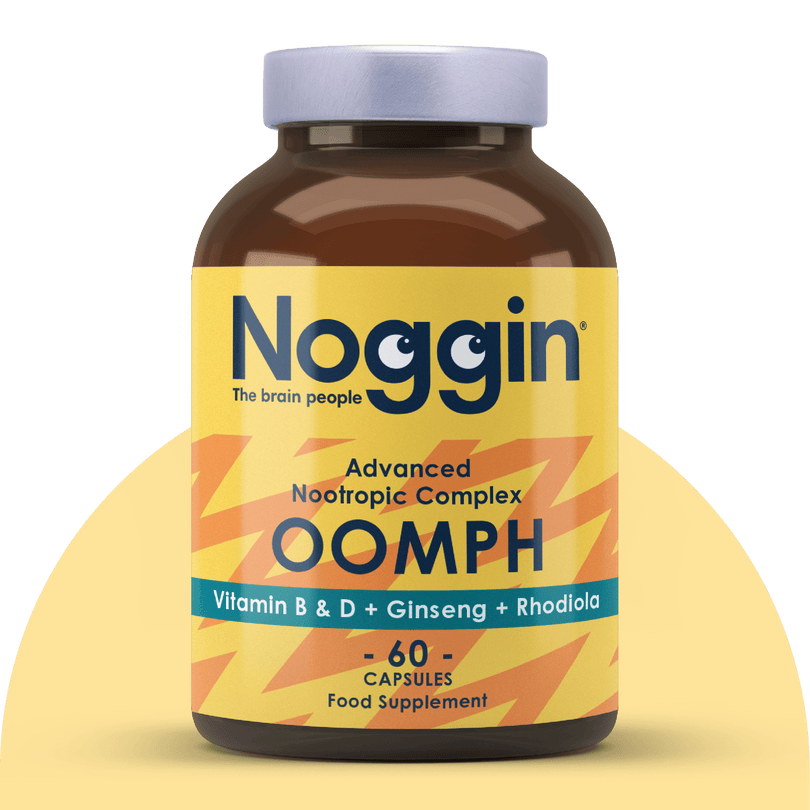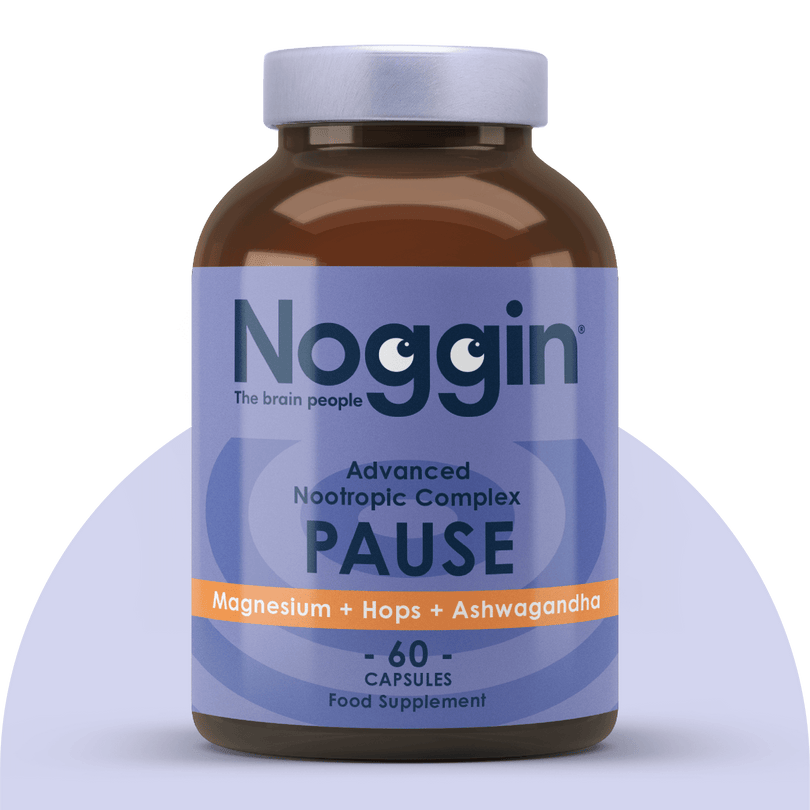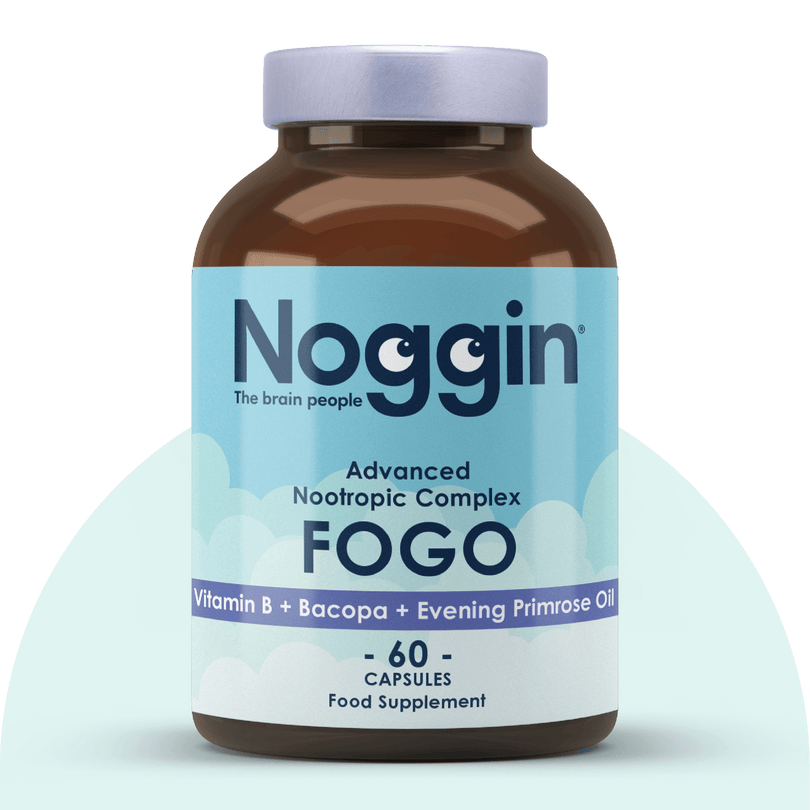Bloggin Noggin
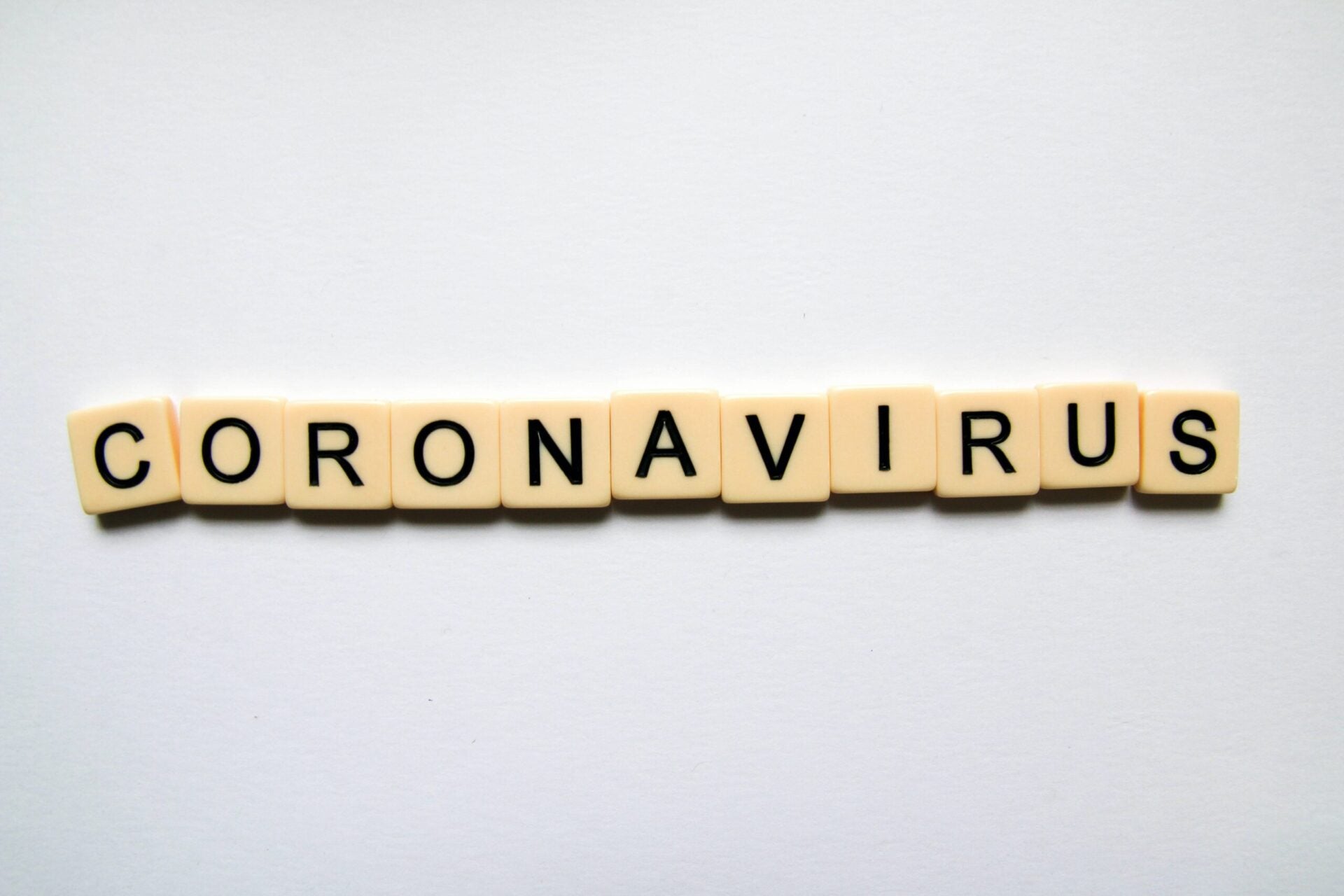
Brain Health
Covid 19 and Brain Health - how a global pandemic has impacted brain health.
The Global Council on Brain Health has published its report on some of the impacts that Covid 19 has had on brain health AND what we can do to look after the brain health of the most vulnerable as we move into the next stage of this pandemic.
Looking after our brain health has never been so important.
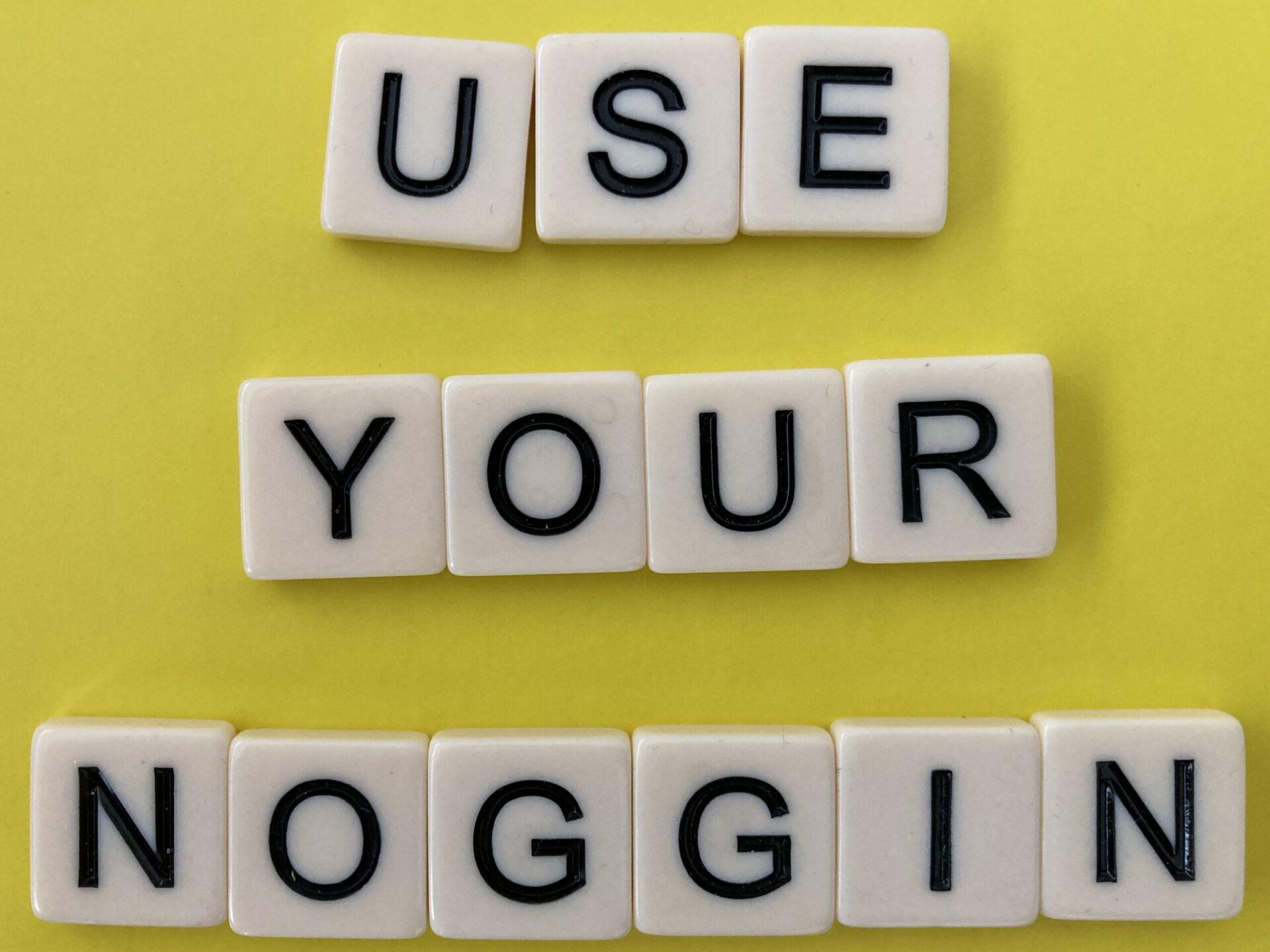
Brain Health
Brain Healthy Choices
On this International Women's Day, I choose to challenge that we have to accept the brains we have...
For us at Noggin TBP, Brain Health is personal.

Nutrition
How many times have you been told to trust your gut feelings?
Do you trust your gut when it comes to making decisions?
How looking after you gut can help with how we feel.

Mental Health
Nine ways to keep your Noggin on track
Easily distracted? Finding it hard to complete even the simplest of tasks?
Read on for some simple tips that can help us restore our focus and get stuff done.

Sleep
How do you wind down for bed?
Preparing ourselves for putting the lights out can be really helpful for getting a restorative sleep.
Even simple steps can make a difference...

Brain Health
Ways to keep your brain busy in Winter
Keeping our brains busy with new hobbies can help our well being.
Whether it is playing music, writing or trying a different place to go for yet another walk, small things can make a difference to how we feel. Here's why.

Brain Health
How Are You Feeling?
Seriously. how do you feel?
This Children's Mental Health Week, we want to think about answering this question.
Mindfulness and some brain health basics can help us recognise and support each other's emotional health.
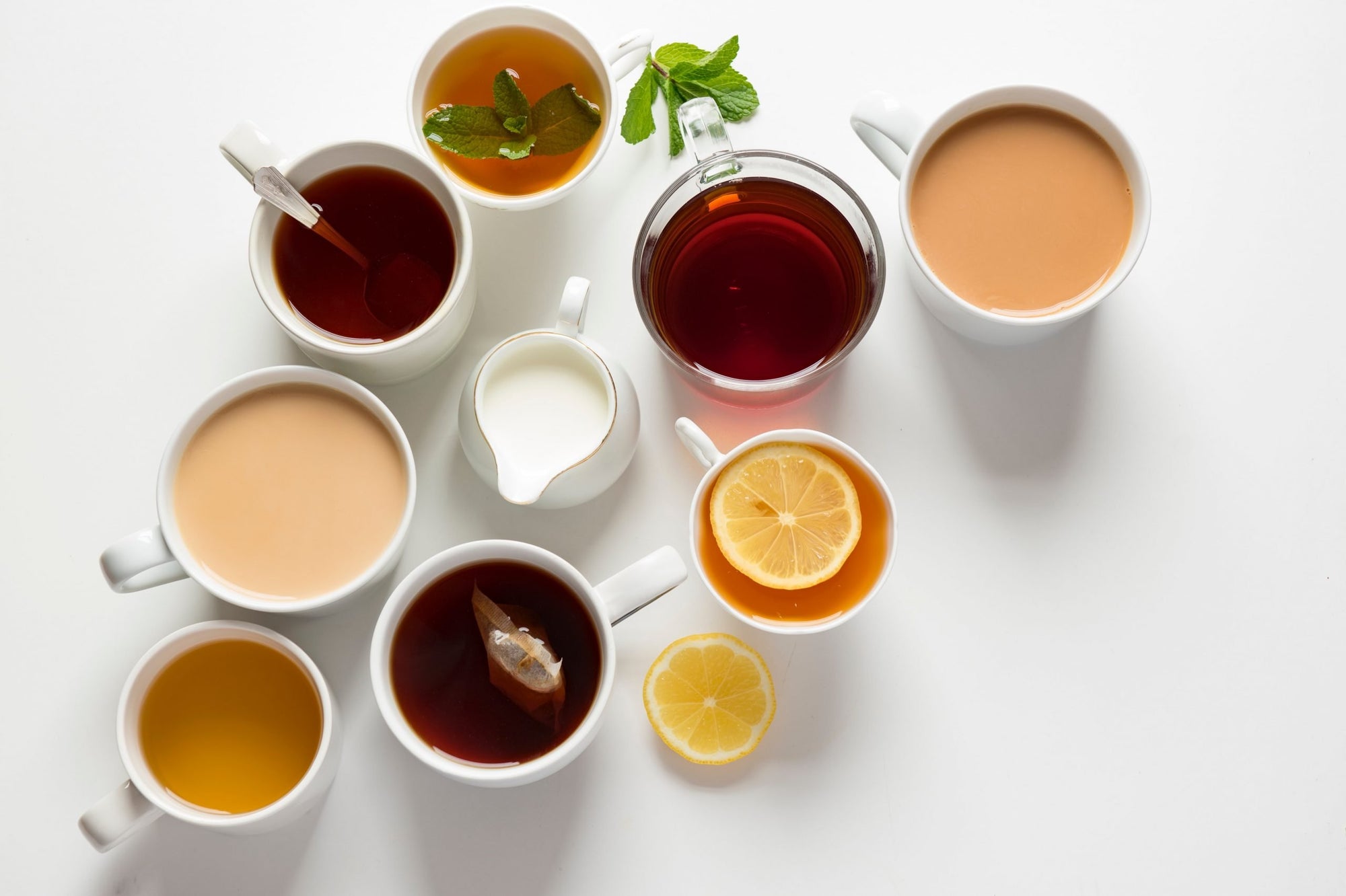
Nutrition
Mood boosting foods: why you should add these five de-stressing ingredients to your shopping list right now
Right now we can all benefit from a little TLC, what with the January blues and everything going on in the world.
When it comes to our mental health, what you choose to eat or drink can positively affect your mental health. In the same way a mug of hot milk can make you feel sleepy or a banana gives you a boost before exercising, what we eat can sometimes impact how we feel.

Nutrition
Have a Berry Christmas
Not a typo or a connection to the baking delights of Mary, rather this is a piece on the strong scientific evidence which exists to demonstrate that eating blueberries, blackberries, strawberries and other berry fruits has beneficial effects on the brain and may help prevent age-related memory loss and other changes.

Brain Health
The Power of a Simple Hug on Brain Health
We’ve blogged before on the importance of giving your brain a break and when it comes to simple ways to feel better hugs can really do the trick.
Here at Noggin, we love hugging and we miss the physical contact with friends and family and hugging is one simple act which many of us are unable to do presently, due to Covid.
Read on to understand how a simple act can change your brain and physical chemistry.
When it comes to hugs, the chemical we need to know about is Oxytocin.
Oxytocin the so-called "love hormone" is being increasingly shown to trigger a wide variety of physical and psychological effects in humans.
The hormone's influence on our behaviour and physiology originates in the brain, where it's produced by the by a structure called the hypothalamus, and then transfers to the pituitary gland which releases into the bloodstream.
The presence of oxytocin actually speeds the physical healing of wounds. Studies have shown that even a brief touch of the hand from someone who cares can start your oxytocin pumping which is a good sign.
When you offer a comforting hug to someone in pain, or you’re on the receiving end of one, you not only begin the healing process, you also allow your body to shut down memories of the painful stimulus.
Oxytocin encourages us to warm up to others and creates a sense of safety. A number of scientific studies have conveyed positive findings on the benefit of both giving and receiving hugs, especially when there has been a conflict.
Oxytocin production ramps up when we're touched by another caring human. This is because our bodies are made to provide and respond to physical comfort, so next time you see someone in pain or feel as if the world is crumbling around you, open yourself to a hug.
A 2018 study of 400 people over a two-week period found that that receiving a hug following a conflict can help with squelching those bad feelings.
We know 2020 has been the cause of hug deficiency for many of us but better times are ahead - for now, hug your pet, those close to you, or even hug a tree - it works!
Keep Well
Dr Clara Russell

Mental Health
Going for (another) walk ? Time to step up your speed
Going for a walk has been the new going out in 2020 and it's a resolution to think about keeping up as we move into the New Year.
Walking speed at age 40+ linked to physical well-being and brain health
Here at Noggin HQ we're a fan of walking and have blogged on the many benefits of this simple and free way to “endorphinate”.
Recent research findings have found that the walking speed of a person at age 45 was associated with both physical health and also with brain health in midlife according to an NIA-supported study.
The findings, published in JAMA Network Open, suggest that a simple test of how fast a person walks could be a helpful indicator of how both the body and brain are ageing.
A team led by researchers at Duke University, Durham, North Carolina, looked at data from 904 participants in the Dunedin Multidisciplinary Health and Development Study, a population-based study that has followed 1,037 people born between 1972 and 1973 in Dunedin, New Zealand.
At the most recent assessment, researchers measured the 45-year-old participants’ physical and cognitive functioning and imaged their brains in an MRI scanner. All participants had their cognitive function first measured at age 3.This study showed that gait speed – which is how fast someone walks – has a relationship with physical and brain health. Participants with slower gait speed had more physical limitations, such as weaker hand-grip strength and more difficulty getting up from a chair, than those who walked faster.
Also, participants with slower gait speed were aging faster, as measured by a set of 19 biomarkers that included body mass index, blood pressure, cholesterol levels, cardiorespiratory fitness and gum health. These biomarkers were measured at ages 26, 32, 38 and 45, allowing the researchers to assess how the participants had aged over time.
In terms of brain health, participants with slower gait speed had signs more typically found in older adults, the MRI results showed. Compared with participants who walked faster, they had a smaller brain, a thinner brain cortex (which controls thinking, information processing and other brain functions) and more white matter hyperintensities — a sign of vascular disease and a risk factor for stroke and dementia. Participants with slower gait speed also performed worse on tests of memory, processing speed, reasoning and other cognitive functions.
So, the takeaway is keep moving, and stay as active as you can, whatever age you are.
This article originally appeared on the National Institute of Aging in the US.

